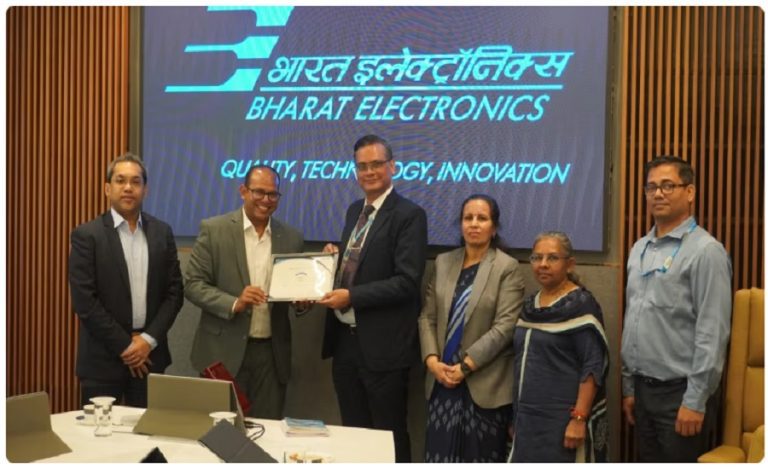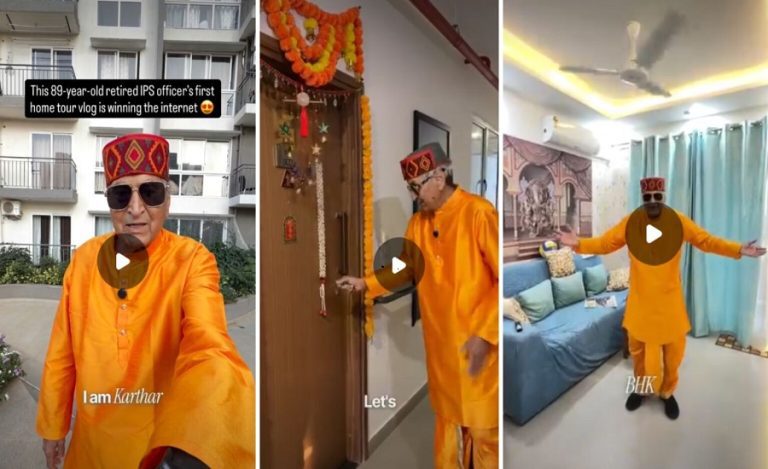In many parts of our country, children grow up hearing the name of the police as a threat to get them to behave or follow instructions. Whether it’s stopping them from mischief or ensuring they eat on time, parents often use the fear of the police as leverage. As a result, the very mention of the police fills many children with anxiety. However, if a child feels intimidated in front of law enforcement, the law considers it unacceptable. This concern led to the introduction of the Juvenile Justice (JJ) Act, which advocates for the creation of child-friendly spaces in police stations. Unfortunately, this initiative has not been fully realized in many areas.
However, one IPS officer, Anukriti Sharma, has made it her mission to address this gap. Since her first posting in 2021, she has been actively working to ensure the full implementation of the JJ Act, specifically by establishing child-friendly rooms in police stations. So far, during her tenure, she has successfully set up such rooms in six police stations across the region.
On the special occasion of Children’s Day, Indian Masterminds, spoke to the 2020 batch officer, who is currently serving as the Assistant Superintendent of Police (ASP) in Sambhal. In an exclusive conversation, she shared her vision behind this initiative. “The best gift you can give children on Children’s Day is making them feel safe and protected, no matter the circumstances,” she said, emphasizing the importance of creating an environment where children can feel secure, even in the presence of law enforcement.

THE ACT
The Juvenile Justice (Care and Protection of Children) Act, 2015 was passed by the Indian Parliament with the aim of safeguarding children’s rights and ensuring their well-being. Under the JJ Act, children are categorized into two distinct groups: those in conflict with the law (often referred to as delinquent children or child offenders) and those in need of care and protection. The latter category includes children who have been rescued from harmful situations, such as child labor, or found abandoned in places like railway stations.
Unfortunately, in many instances, these children are still detained in police stations alongside regular criminals. This practice is not only unacceptable but also illegal. Ms Sharma recalls her early experiences during her first posting as an SHO (Station House Officer) trainee in Lucknow. She observed that when children were brought in, they were often kept at the ladies’ help desk under the supervision of a female officer. In cases where children were between 16 and 18 years of age, they were sometimes placed in the same space as adult offenders.
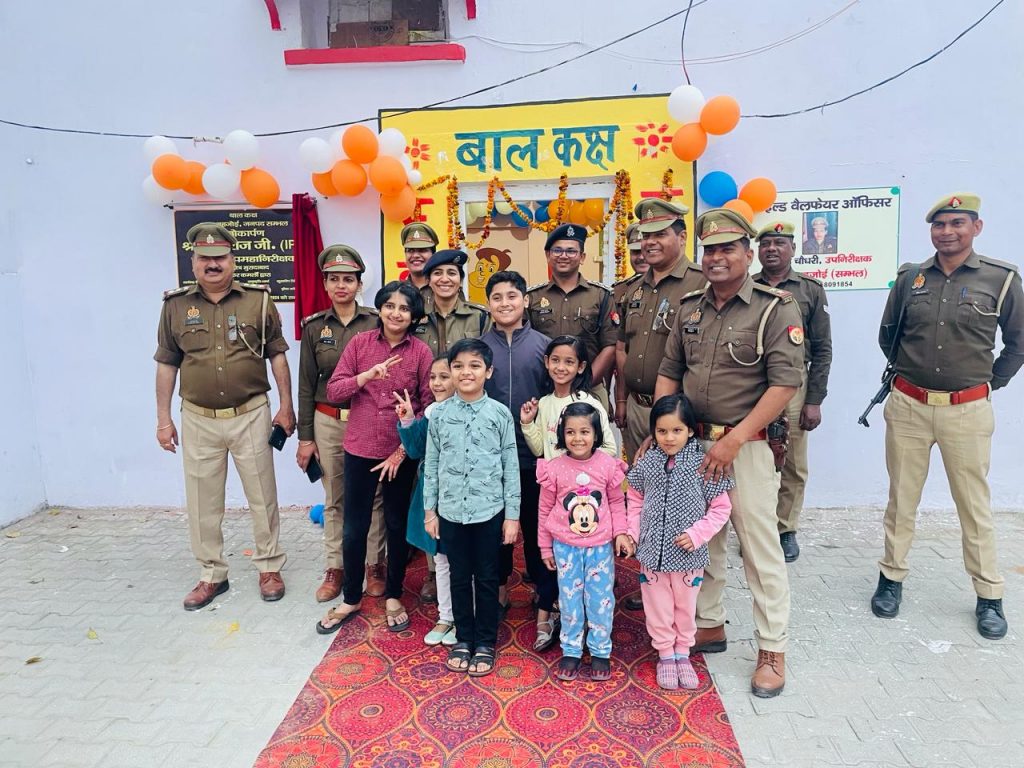
According to the JJ Act, however, this is a clear violation. Children, whether they are offenders or those in need of protection, must not be kept with adult criminals. They must be treated in a child-friendly atmosphere and interrogated only by a trained Child Welfare Officer, who should be in plain clothes. The law is designed to ensure that these children do not feel intimidated, which can be traumatic. The Act also mandates that a CWO should be present at every police station to ensure that children are questioned appropriately.
“Unfortunately, child-friendly rooms are still missing in most police stations in our state,” said Ms. Anukriti. She explained that although the Act envisions a safe and supportive environment for children, its full implementation remains a work in progress, especially when it comes to providing the necessary infrastructure and training at local police stations.
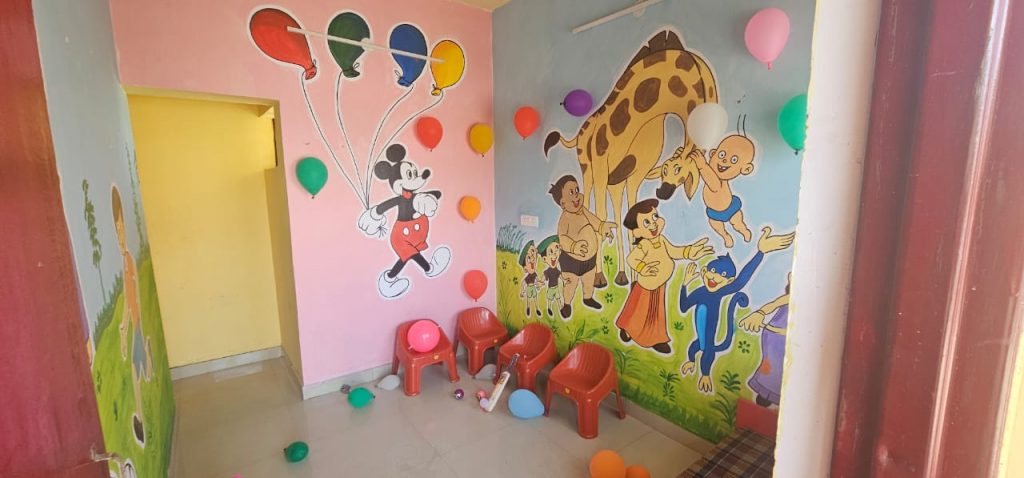
THE INSPIRATION
“The idea first occurred to me during our training when we were assigned election duty in Kerala. There, I encountered the concept of child-friendly police stations and child-friendly rooms. Seeing how these spaces were designed to protect and comfort children in distress, I felt strongly that such initiatives should be implemented in our own state as well. From that moment on, this thought stayed with me, motivating me to push for similar changes back home,” she told Indian Masterminds.
HER INITIATIVE
During her first regular posting as Assistant Superintendent of Police (ASP) in Bulandshahr, Sharma oversaw four police stations under her jurisdiction. Determined to make a difference, she took the initiative to establish child-friendly rooms at all of them as soon as she joined. Now, in her current posting in Sambhal, she has once again spearheaded the creation of these child-friendly spaces. Work has already been completed in two police stations within one police circle, and the remaining stations will soon follow.
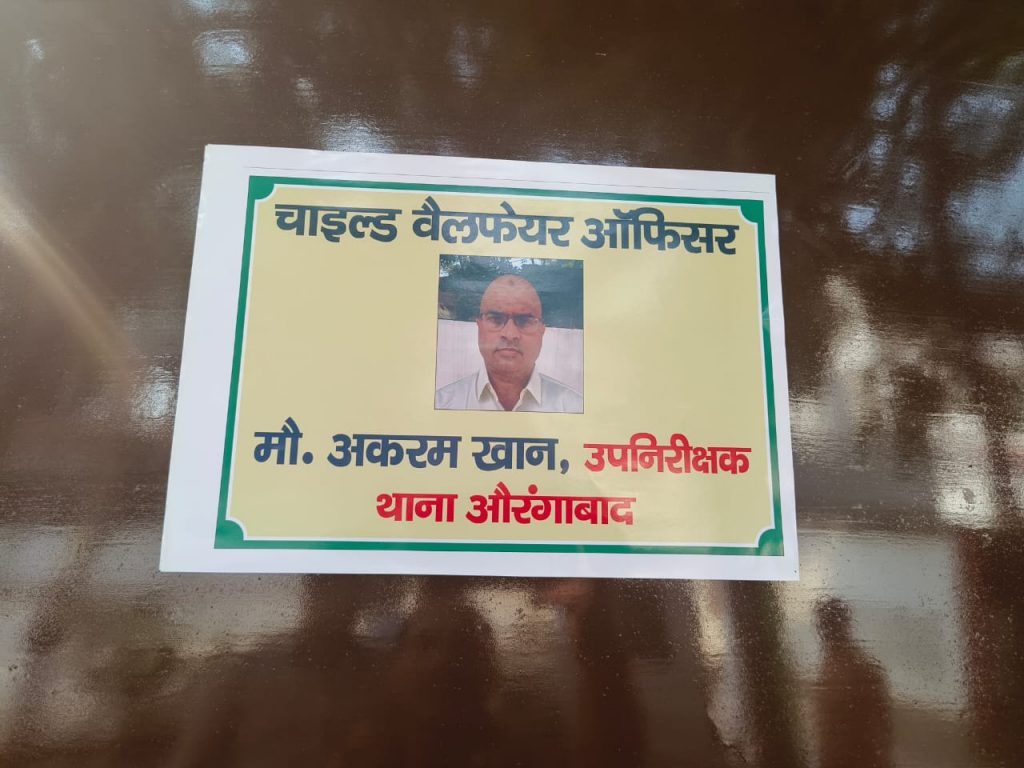
She shared, “This is not an easy task, as it’s not a practice that police personnel are accustomed to. It requires a lot of effort to get everyone on board and to motivate them. Even in Sambhal, I faced numerous hurdles in getting this initiative off the ground, but after much persistence, the work is progressing.”
In addition to creating child-friendly rooms, Anukriti has mandated that outside each room, there should be a photograph of the Child Welfare Officer (CWO) in plain clothes, along with their phone number. “If someone visits a police station and asks who the CWO is, their purpose might not be fulfilled if they don’t know immediately,” she explained. To ensure smooth implementation, she has also selected one of the police personnel at each station to serve as the designated Child Welfare Officer, responsible for overseeing the treatment of children at the station.
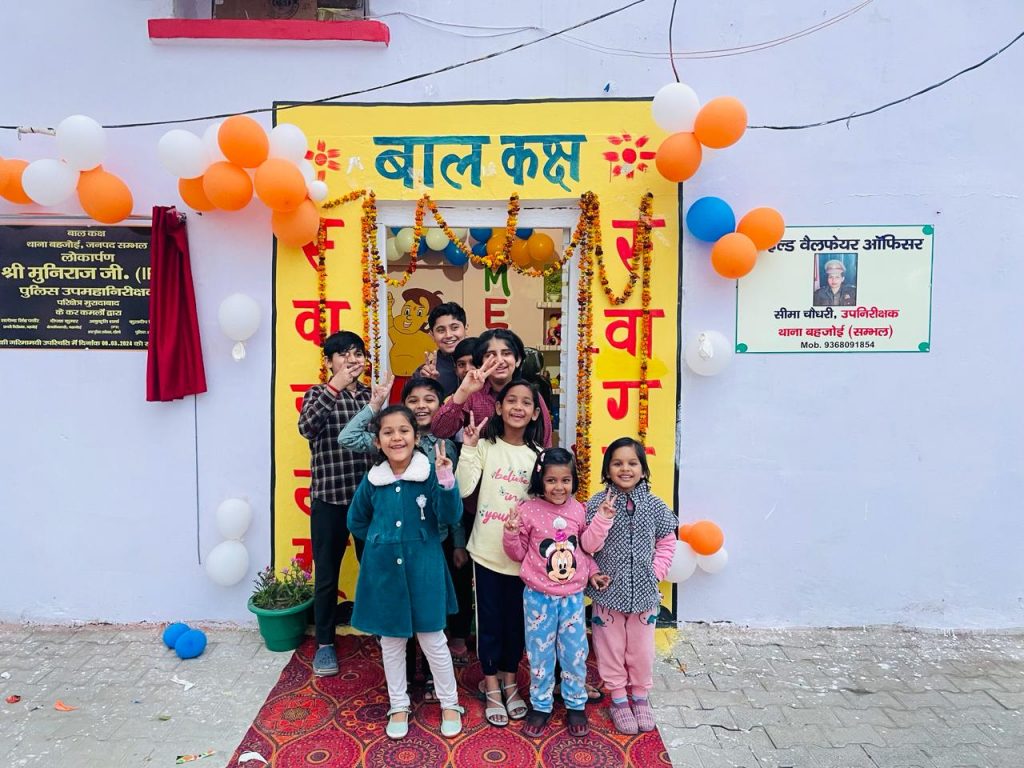
THE ROOMS
The child-friendly rooms are designed with a warm and welcoming atmosphere to help ease children’s fears when they find themselves in a police station. The walls are painted with vibrant, friendly cartoons that create a cheerful and non-threatening environment. Inside, there is a small bed for comfort, along with toys and a carrom board to provide a sense of normalcy and play.
Additionally, small chairs are placed around the room, making it a safe and interactive space where children can feel more relaxed. These thoughtful details are carefully chosen to ensure that children don’t feel intimidated or scared when encountering law enforcement agencies, allowing them to experience a less distressing interaction with the police.
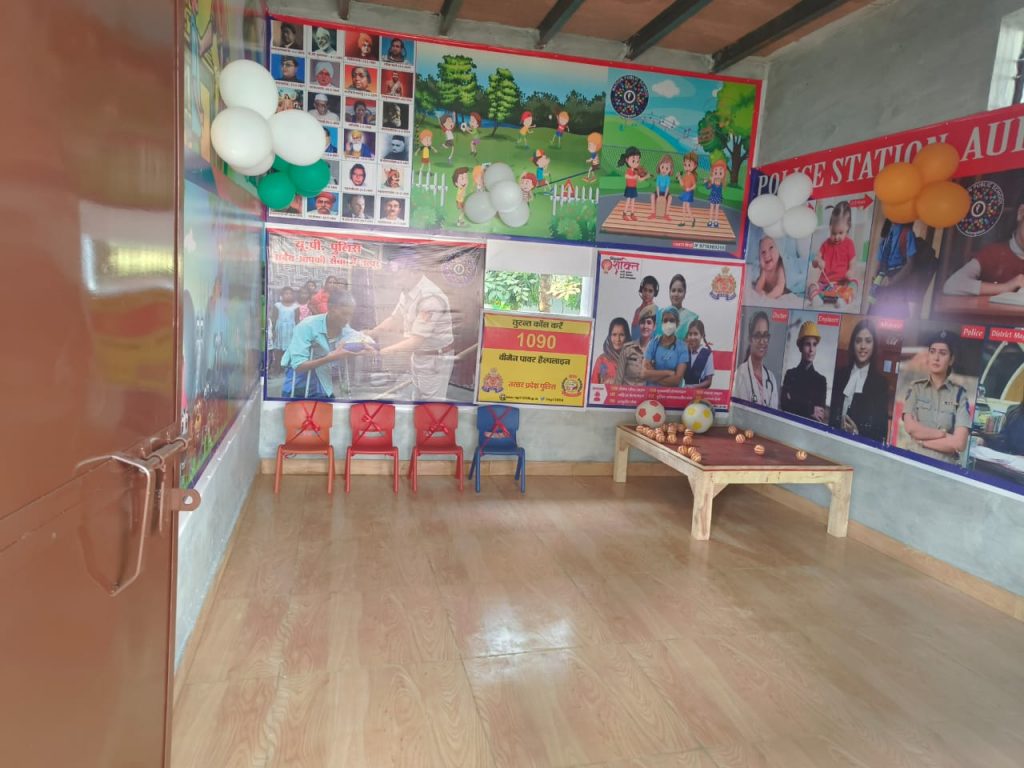
THE DUAL PURPOSE
These child-friendly rooms serve a dual purpose, making them both practical and impactful. Firstly, they fully comply with the JJ Act. Secondly, these rooms offer significant benefits to the children of police staff as well. They can function as a creche for the children of police personnel, allowing staff members – especially women constables – to work without the added concern of looking after their young children. Many times, the children of women constables accompany their mothers to the police station, and this space provides a safe and comfortable area for them to stay.
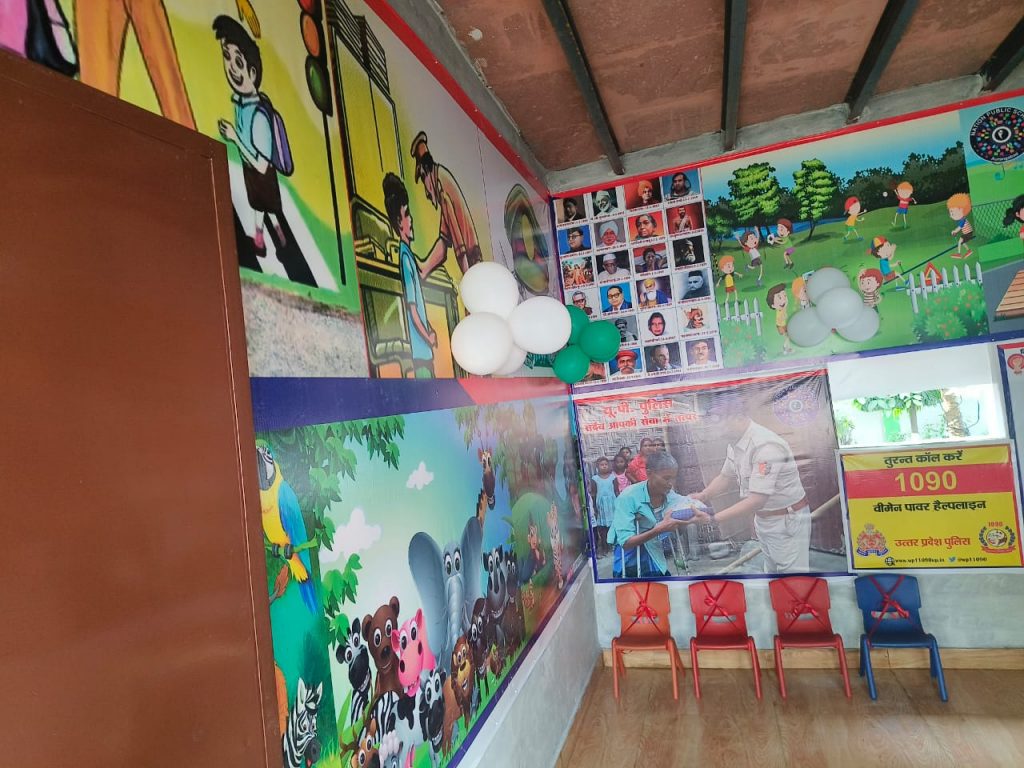
Anukriti further explains that when the JJ Act was first implemented, child-friendly rooms were set up in several police stations across the state. However, over time, these rooms were often repurposed – converted into storage areas or used for other purposes – losing their intended function. Despite this setback, she stresses that there is still a great need for such rooms, and the benefits they provide – both for children in need of protection and for police staff – cannot be overstated.








